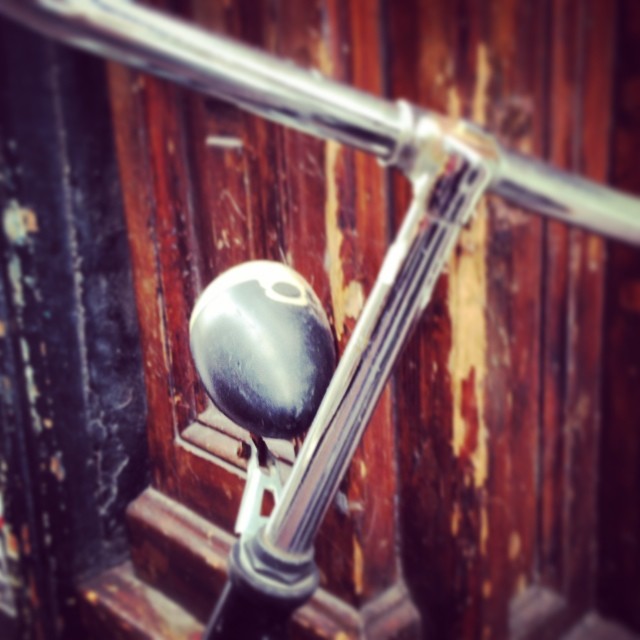
If people need to ‘get back to work’, and working from home’s not an option, then they’ll need transportation to get to work (and to shop). Given the restrictions around the use of public transport and the difficulties in social distancing on buses and trains, we’re seeing a significant rise in car traffic.
But why car traffic, and not other forms of individual transport?
Will covid-19 cause a modal shift to urban cycling?
Many cities are using Covid-19 as reason for significant shifts in attitudes towards cycling – and particularly towards making roads significantly more cycle friendly. Funds like Scotland’s Spaces for People are investing significant amounts into local changes – and we see similar changes in London, Paris and calls for changes in New York.
So this should/could lead to a sea change in how cyclists use cities and how urban road space is managed and shared – which will cause significant localised conflicts.
But the evidence on the street is that this shift to urban cycling hasn’t really happened yet.
Why is there no cycling shift?
I think there are three reasons why there’s been no significant shift (yet):
- poor state of existing cycling infrastructure
- the emergence of alternatives to cycling – e-scooters and e-bikes
- a lack of bicycles
1. If you’re not convinced that cycling is safe, promises of significant future funding won’t make roads safer today. It’s only when roads are closed or traffic’s separated that new cyclists will appear.
2. e-scooters will have a huge impact – why sweat going uphill when a machine will do the work? I expect a huge percentage of young commuters who might use cycles will skip them entirely in favour of e-scooters – but this be affected by which is available first – affordable bicycles or e-scooters.
3. The last one is the real issue – there are no reasonably priced bicycles to be had. (And there are precious few semi-reasonably priced bicycles too.) UK bicycle sales went up by 60% in April 2020, and now there’s a vacuum to be filled.
This is one of the reasons why we’re seeing the emergence of a new generation of recycled/restored bike shops.